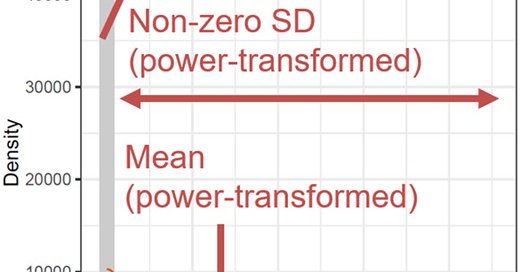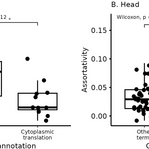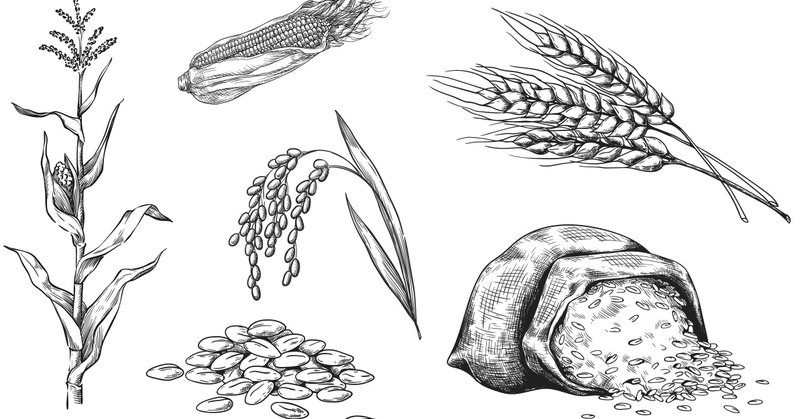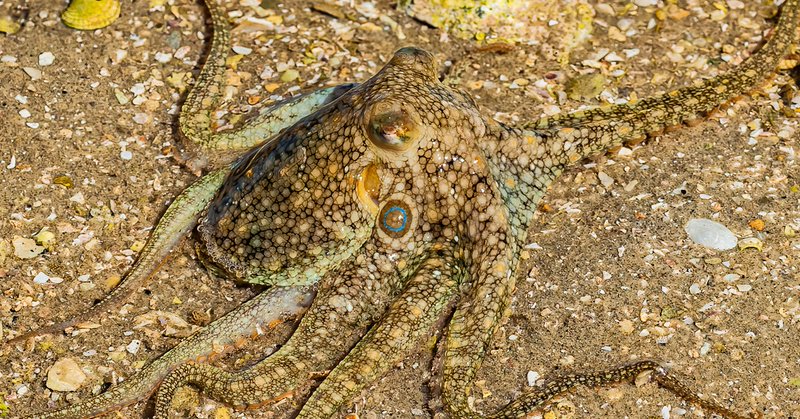
Anastasia Teterina
@attrna
Followers
394
Following
9K
Media
71
Statuses
2K
geneticist, computational biologist, postdoc with @granex at the University of Oregon, popgen/networks, @attrna.bsky.social
Eugene, OR
Joined August 2017
🚨 New preprint alert 🚨 We've generated a new gapless genome of Caenorhabditis brenneri🪱, one of the most diverse metazoans! We compared its genome and gene organizations with other nematodes with smaller population sizes. Check it out! https://t.co/y4LwypFRkT
1
7
18
I spent months illustrating how Transformers actually work. Not just what they do, but why they’re built this way. The history, design choices, and intuition behind every layer. From RNNs → Attention → Multi-Head → FFNs → Positional Encoding. Here's everything I wish I
70
360
3K
scooby: modeling multimodal genomic profiles from DNA sequence at single-cell resolution. #SingleCell #GeneExpression #Genomics #Transcriptomics #Epigenomics #Bioinformatics @naturemethods
https://t.co/po0cmFRB9m
2
9
65
Pre-phasing long reads improves structural variant genotyping. #LongReads #Sequencing #ReadsPhasing #StructuralVariants #Genotyping #Genomics #Bioinformatics
https://t.co/5DVdWnTc0d
1
9
27
GRiNS: a python library for simulating gene regulatory network dynamics https://t.co/iuTqGEPSYN
1
29
101
G2PT: Genotype-to-Phenotype Transformer: Mechanistic genotype-phenotype translation using hierarchical transformers https://t.co/YVDTPZ3sY8
4
82
351
DiSC: a Statistical Tool for Fast Differential Expression Analysis of Individual-level Single-cell RNA-seq Data.#SingleCell #RNAseq #scRNAseq #DifferentialExpression #Bioinformatics
https://t.co/oNSI5RDaID
academic.oup.com
AbstractMotivation. Single-cell RNA sequencing (scRNA-seq) has become an important method for characterizing cellular heterogeneity, revealing more biologi
1
6
16
ntSynt-viz: Visualizing synteny patterns across multiple genomes https://t.co/lcxxJRVaQ3
#biorxiv_genomic
0
6
17
REPORTH: Determining orthologous locations of repetitive sequences between genomes https://t.co/aAYkBeBPDH
#biorxiv_bioinfo
0
5
10
🚨 Excited to share this #preprint from my postdoc in the Lippman lab @CSHL, in collab. with @mike_schatz & many others! Using pan-genomics & pan-genetics across the Solanum genus 🍅🥔🍆 we reveal gene duplications 🧬 as contingencies in crop engineering.
7
44
136
Widely observed negative correlation between recombination rate and TE abundance is usually interpreted as recombination rate being the "cause," influencing the efficacy of selection purging TEs. Yet, our recent study "flipped" this causality! https://t.co/skk0F52uAP… (1/5)
biorxiv.org
Meiotic recombination is a prominent force shaping genome evolution, and understanding the causes for varying recombination landscapes within and between species has remained a central, though...
5
50
128
Have you ever wondered whether modularity is the only driver of transcriptional network organization? Short answer, no! There are nuances to transcriptional networks, and together with @diogro and Julien Ayroles we explored some methods to find them:
journals.plos.org
Author summary Understanding how genes work together is crucial for unraveling the biological processes underlying complex traits. To gain insight into these genetic interactions, researchers often...
0
6
29
Advertising this amazing tutorial that Rob Lanfear (no longer on this site) put together: "For phylo nerds interested in concordance and discordance:
https://t.co/vhGOofgGWP"
1
47
126
DNA and RNA is not enough. Epigenetic state is necessary for drug development + basic biology. Understanding ATAC-seq data requires interactive + genome scale operations. We present a suite of interactive + publication-quality tools, in Python, to view chromatin accessibility.
3
25
196
How many genes for the starch-digesting enzyme amylase to you have? More than your non-agricultural ancestors. It may affect how many cavities you get. https://t.co/yrdGo1Xt44
@UCBerkeley @uthsc @Nature
news.berkeley.edu
UC Berkeley study finds rapid increase over last 12,000 years in genes for enzymes that digest starch.
0
4
8
Thanks to @vcallier for this nice write up covering our discovery of the cephalopod Z chromosome
scientificamerican.com
The octopus sex chromosome appears to have been maintained over hundreds of millions of years, making it the most ancient of such chromosomes in animals
1
14
41
Trackplot: A flexible toolkit for combinatorial analysis of genomic data https://t.co/CybnJmVjMQ
0
29
89


















